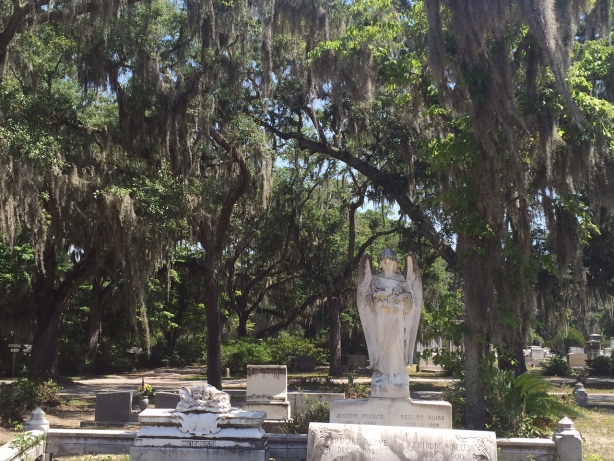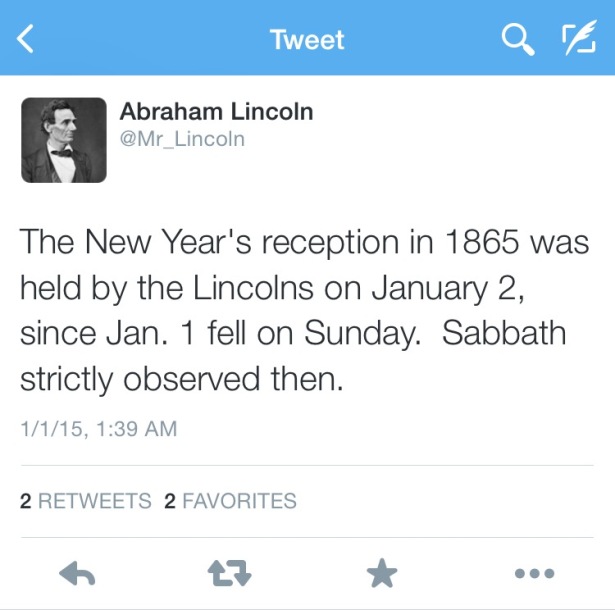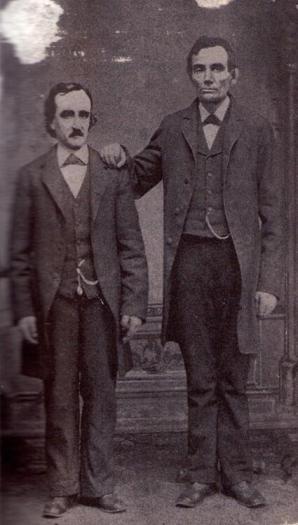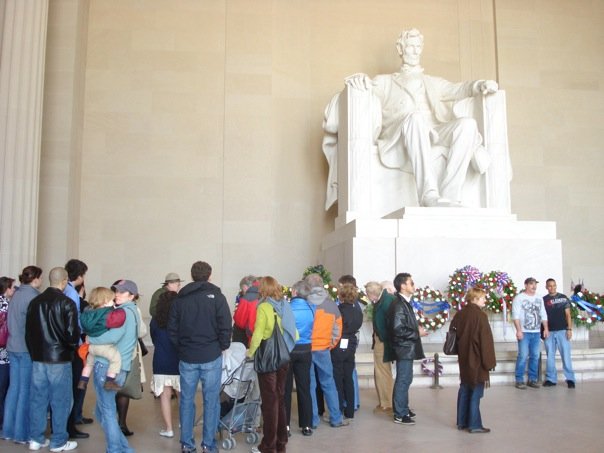Earlier today I was listening to the Songs to Sing in the Car Spotify Playlist when Hozier’s haunting ballad of the year, “Take Me To Church,” came on. In a bizarre Pavlovian moment, my eyes welled up with tears and my heart felt like it hit a brick wall. You see, the last time I had really listened to that song was on June 18th of this year as tears streamed down my face in the public bathroom of a swanky hotel in Richmond, Virginia; an unplanned destination on a family trip through the South after we all agreed that leaving Charleston would be the best course of action.
The Song
Resonant of Leonard Cohen’s haunting melodies and indicative of the very 21st century folk-blues style that dominates the airwaves today, Andrew Hozier-Byrne describes his hit single “Take Me To Church” as follows:
“The song is about asserting yourself and reclaiming your humanity through an act of love. Turning your back on the theoretical thing, something that’s not tangible, and choosing to worship or love something that is tangible and real.”
The Trip
Since reading Midnight In The Garden of Good and Evil as a pre-teen, I’ve felt a magnetic draw to Savannah, Georgia. It’s the first “adult” book that I remember reading, and discussing, with my dad; and one of the first book-to-movie adaptations I experienced where I read the book first. With this deep, but unconsummated connection lingering, Savannah, and the South in general, seemed an obvious, and perhaps beautiful, choice for a family vacation.
Beyond making jokes about it being a sort of reverse Sherman’s March before the trip, I did not expect to find my passion for history matched by my surroundings. In truth, I had not fully realized how present the Civil War was in everything from the landscape to the conversation. 150 years feels like a long time to us today, but in the grand scheme of cultural evolutions, it’s merely a flash in the pan.
We kept our itinerary loose, knowing that we wanted to go to Savannah, see the Mercer-Williams house and Forsyth Cemetery, but I began pushing hard for a stopover in Charleston, the start of it all. And after not all too much work, I prevailed. Upon leaving Savannah, we piled into my parent’s car and headed northeast to Charleston.
Fort Sumter
We arrived at the National Park Boarding Station 5 minutes before the last boat of the day would head over to the Fort. We rushed through the ticket line and loped onto the ferry which would bring us to the island. The ride lasted about 45 minutes and built an ominous mood around the voyage. Upon arrival, I was struck by how barren it was. Living in Washington, I guess I’ve formulated an assumption that National Parks will always be lush; a memory frozen in time as the rest of world grows around it.
Fort Sumter was different. Time, and quite likely war, had worn its walls. It did not feel like living history, and yet the legacy of what it meant and what it stood for, felt very present. After listening to the Park Ranger tell his story, we had some time to rove free across the island, into the gift shop, and a small accompanying exhibit. It was in the exhibit – which had the added benefit of air-conditioning on a scorching day – that things began to crystallize in my mind.
History is very much a part of our present. As I walked through the exhibit, I was struck by one particular panel that paired a quote from Abraham Lincoln against a quote from Jefferson Davis:
In case you can’t read them in that not so great picture I took, here you go:
“The last ray of hope for preserving the Union peaceably expired at the assault upon Fort Sumter…” – Abraham Lincoln, President, United States of America
“…Fort Sumter, where was first given to the breeze the flag of the Confederacy…” – Jefferson Davis, President, Confederate States of America
As I stared at those quotes, I was already formulating a blog post that I wanted to write. I wanted to talk about the ways this event, this strange and heartbreaking moment in history, over 150 years ago, still shaped the experience of Americans today. I wanted to talk about Trayvon Martin, I wanted to talk about Freddie Gray, I wanted to say that #BlackLivesMatter and that on April 12, 1861 a behemoth that we still grapple with today was set in motion.
Already in that mindset; I could not have predicted or anticipated the horror that would beset Charleston a mere four hours later.
Charleston, South Carolina – June 17, 2015
I feel bad now that I was in a crappy mood. I was hungry and a little petulant as my parents and I walked down King Street to Old Towne Grill and Seafood, the first result that showed up in my Yelp search. When I think back on it now, so many things feel weird about that day. The sign that said “Remember the Charleston Nine” as we drove into town (it was referencing the horrific Charleston Sofa Super Store fire of June 18, 2007 which claimed the lives of nine firefighters), the creepy not-on-the-beach beach house rental, the fact that we just barely made it to Fort Sumter.
After dinner I was exhausted; and went to bed. At first just to read, but then to hopefully sleep, at 8:45pm. I woke up at 11pm; my father had nodded off while watching the local news which was already filled with reports of the attack. We weren’t that far away from Emanuel African Methodist Episcopal Church that night. We had driven by it at least twice earlier in the day. We weren’t there, and the fact of the matter is, if by some strange incident we had been there, the color of our skin could very well have saved us.
All night, the sounds of helicopters and sirens permeated the air. As information, and confirmations, were released and announced on the television, I could feel myself numbing to it all. I went back into the bedroom, but laid awake, staring at the ceiling until I saw the first sunbeams of morning.
None of us slept very much, or at all, that evening; and we hit the road driving north much earlier than anticipated the next day. Arriving in Richmond with hours of contemplation weighing heavy on our minds, we stopped at the hotel bar for a drink.
Terror
When I used to hear the word terrorism, I conjured up images of earth shattering fear: Hiding under desks, conventional or modern warfare. And that’s it, to me the word “terrorism” used to feel like an act of war; an act designed to stimulate the actions and reactions between clear opponents. But when those 9 incredible people lost their lives in a brutal terrorist attack; it wasn’t so clear-cut. That horrible act was perpetrated by someone who sought to misappropriate and define divisions.
But the truth about terror, is that it is not inherently an act of war, it is an act of violence. And violence begets a slew of societal problems, not the least of which is a deep sadness. But out of sadness, we can grow. Human beings are complicated creatures; but we’re capable, we’re social, and most importantly we’re resilient.
Richmond
As I excused myself from the table at the hotel bar, I snuck away to the bathroom. I called a loved one, just to hear his voice, and then heard that song. There were obvious reasons for it to strike me at that moment: the lyrics describe the challenges of servicing an institution that does not accept you. Lincoln once said that
“Our government rests in public opinion. Whoever can change public opinion, can change the government, practically just so much.”
When I read what Hozier described the song’s core as a message about “reclaiming your humanity through an act of love,” I was struck, that’s the message we need more than anything today. We have the power to make a change. We have the power to take action, and that action can fight that violence. The words of a man who famously spoke on the steps of the memorial to our 16th President say it all:
“Darkness cannot drive out darkness; only light can do that. Hate cannot drive out hate; only love can do that.”
Finding Love
The moral of all of this? History isn’t just a part of our past. It’s a part of our today, and it shapes so much of our world. This isn’t such a revolutionary idea, but it makes a difference. When we see an act of terrorism through the lens of an ongoing struggle, it can feel disheartening, it can feel like an insurmountable challenge. But this focus, this attention, the work of the thousands of people who seek to embrace the notion that a little bit of kindness can make the world a better place, they’re making a difference.
We’ve got a long way to go, but context helps. Drawing strength from the successes of our past can help us build a better future. Lincoln knew that. He wasn’t a perfect leader by any means, but he struggled and coped with so many challenges we face today. What’s past is prologue, and as good old Abraham said:
“The best way to predict the future, is to create it.”
Getting this out helps. It helps to state your purpose; and my purpose here is to use the framework of history to gather a better understanding of the world around us. It’s not that we are stuck in the balance of good and evil, it’s that we’re forging a path forward that leans more towards good. And that’s what matters.











